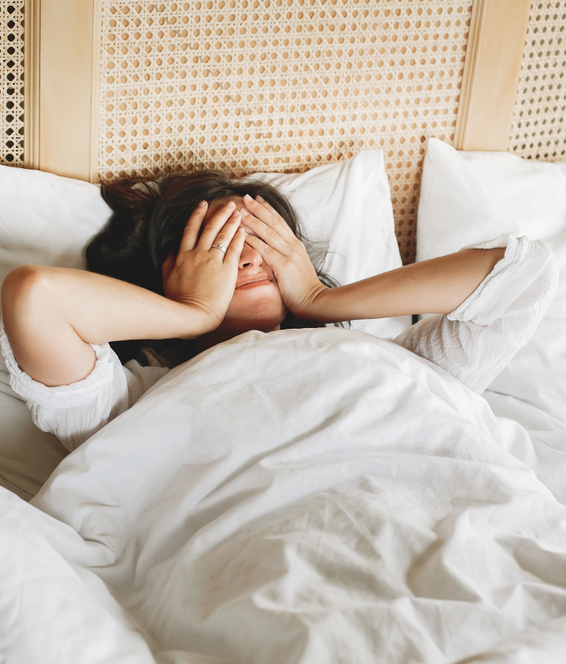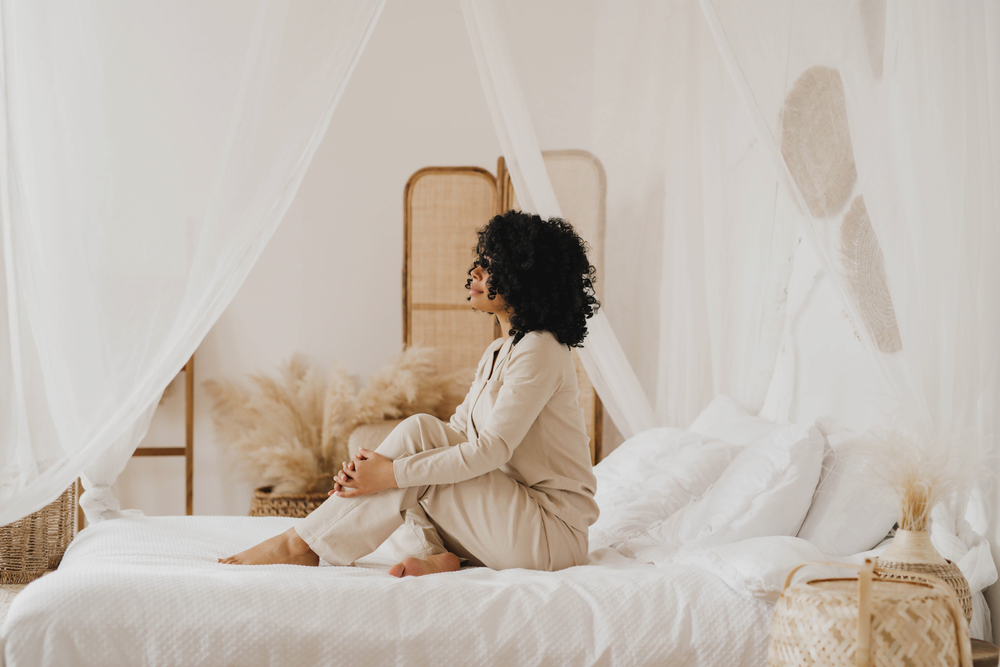In the fast-paced, digitally-driven world we live in, the importance of a good night’s sleep is often underestimated. As we navigate demanding work schedules, social obligations, and an influx of information, the quality and quantity of our sleep can significantly impact our overall well-being. Numerous studies have delved into the intricate relationship between sleep and well-being, shedding light on the profound effects that sleep habits have on physical health, mental acuity, and emotional resilience.
Research consistently highlights the critical role of sleep in maintaining physical health. A landmark study published in the journal Sleep Medicine Reviews found that insufficient or poor-quality sleep is associated with a higher risk of chronic conditions such as cardiovascular diseases, diabetes, and obesity. The study emphasized the intricate interplay between sleep duration, sleep quality, and the body’s ability to regulate vital functions, underscoring the need for a comprehensive understanding of sleep hygiene. Below we delve into the sleep tips you really need to know for optimal rest.
Understanding Circadian Rhythms:
Our bodies follow a natural internal clock known as the circadian rhythm. This 24-hour cycle regulates the sleep-wake pattern, influencing various physiological processes like hormone production, body temperature, and metabolism. Disruptions to this rhythm, such as irregular sleep schedules or exposure to artificial light at night, can negatively impact the quality of sleep.
“Your circadian rhythm is controlled by a small but highly important part of the brain called the hypothalamus. This rhythm is largely guided by genes and other natural factors such as hormones but can also be affected by a number of external elements, the biggest one being light and darkness. Your body naturally responds to darkness by producing melatonin, a hormone that helps induce sleep and then it suppresses melatonin when it’s light, to stay awake. Your body then uses this to predict your future sleep-wake cycles to prepare for when you need to sleep and stay awake”, explains Dr Tosin Sotubo, founder of Mind Body Doctor
Tip: Embrace Consistent Sleep Patterns
To optimize your circadian rhythm, aim for a consistent sleep schedule. Set a regular bedtime and wake-up time, even on weekends, to synchronize your body’s internal clock. This helps regulate the production of melatonin, the hormone responsible for promoting sleep. It’s also really important to allow sunlight into your eyes before noon so get outside in the morning to kick-start that rhythm.
Understanding the Power of Naps:
Napping can be a double-edged sword. While a well-timed nap can enhance alertness and mood, napping too close to bedtime or for an extended duration can interfere with nighttime sleep. This phenomenon is known as “sleep inertia,” where you may experience grogginess and disorientation upon waking.
Tip: Master the Art of Napping
If you feel the need to nap, aim for short power naps of 20-30 minutes. This duration allows you to reap the benefits of increased alertness without entering deeper stages of sleep. Additionally, schedule naps earlier in the day to minimize their impact on nighttime sleep.
Creating an Ideal Sleep Environment:
The environment in which you sleep plays a pivotal role in the quality of your rest. Factors such as room temperature, lighting, and noise levels can significantly affect your ability to fall and stay asleep.
Tip: Prioritize Sleep Hygiene
Optimize your sleep environment by keeping the bedroom cool, dark, and quiet. Invest in a comfortable mattress and pillows to support a restful night’s sleep. Limit exposure to electronic devices before bedtime, as the blue light emitted can suppress melatonin production and disrupt your sleep-wake cycle.
Jessica Sepal says “This can be hard at first but it is so important when it comes to sleep. Our phones and laptops emit blue light which can disrupt our sleep patterns. Disconnecting from social media and my emails around 8.30-9pm each evening is also incredibly grounding and allows me to be present with myself and my loved ones.”
Mindful Practices for Better Sleep:
Incorporating mindfulness practices into your routine can positively impact sleep quality. Activities such as meditation, deep breathing exercises, and gentle stretching can help calm the mind and relax the body, promoting a smooth transition into sleep.
Tip: Establish a Relaxing Bedtime Routine
Create a bedtime routine that signals to your body that it’s time to wind down. This could include activities like reading a book, taking a warm bath, or practising relaxation techniques. These rituals can help ease the transition from wakefulness to sleep.


Best Foods To Eat For Sleep + 6 Recipes To Try

Should We Be Popping Mushrooms For Better Sleep?

Is Anxiety Wrecking Your Sleep? It Could Be Your Blood Sugar…














